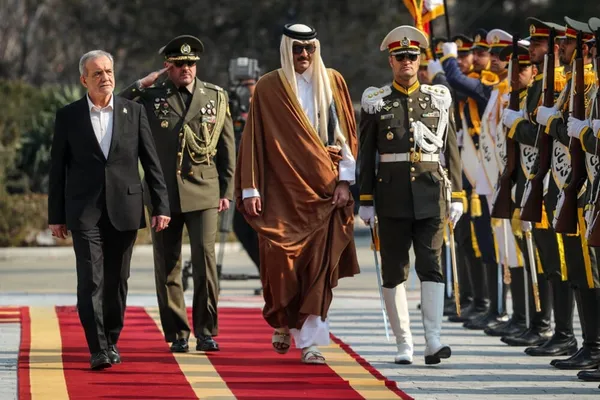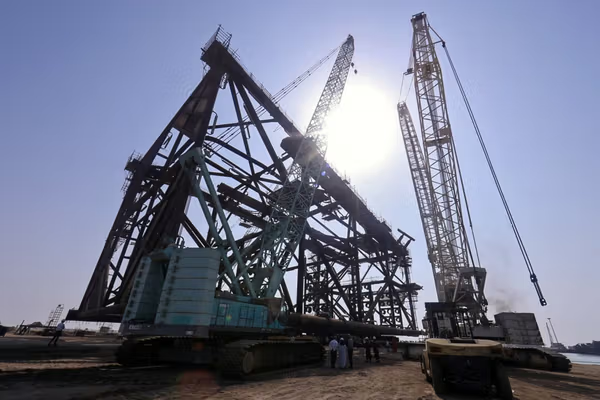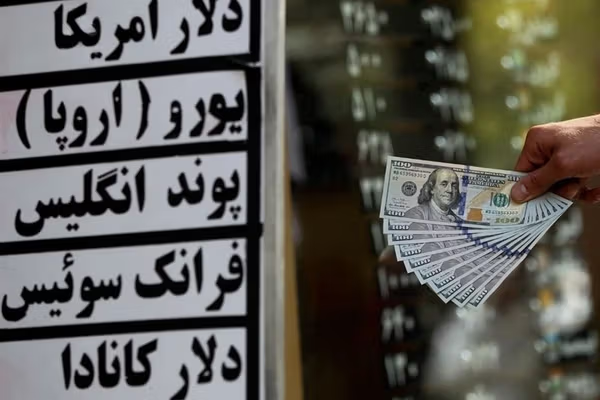
Israeli strike in Qatar puts normalization on ice, leaves Iran in suspense
More than any other act in the post-October 7, 2023 world, the Israeli airstrike on a busy residential neighborhood of Doha on Tuesday has the potential to upend prevailing assumptions on Persian Gulf security.


















